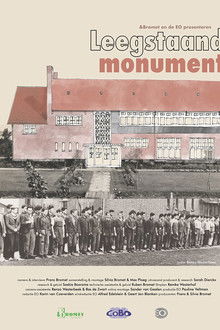Violinist and songwriter Kishi Bashi travels on a musical journey to understand WWII era Japanese Incarceration, assimilation, and what it means to be a minority in America today.
Related Movies

And There Was Israel (2018)
The film returns to the origins of the creation of the State of Israel (from 1896 to 1948) and highlights the responsibility of the Western World.

Personal Che (2007)
A documentary that explores the myth behind the truth. Different people around the globe reinterpret the legend of Che Guevara at will: from the rebel living in Hong Kong fighting Chinese domination, to the German neonazi preaching revolution and the Castro-hating Cuban. Their testimonies prove that the Argentinian revolutionary's historical impact reverberates still. But like with all legends, each sees what he will, in often contradictory perspectives.

D-Day: Normandy 1944 (2014)
June 6, 1944: The largest Allied operation of World War II began in Normandy, France. Yet, few know in detail exactly why and how, from the end of 1943 through August 1944, this region became the most important location in the world. Blending multiple cinematographic techniques, including animation, CGI and stunning live-action images, “D-Day: Normandy 1944” brings this monumental event to the world’s largest screens for the first time ever. Audiences of all ages, including new generations, will discover from a new perspective how this landing changed the world. Exploring history, military strategy, science, technology and human values, the film will educate and appeal to all. Narrated by Tom Brokaw, “D-Day: Normandy 1944” pays tribute to those who gave their lives for our freedom… A duty of memory, a duty of gratitude.
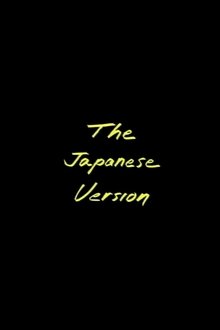
The Japanese Version (1991)
How the Japanese process American pop culture and make it their own -- a mind-bending odyssey through cultural mixing.

Hoshimachi Suisei Nippon Budokan Live "SuperNova" (2025)
Suisei will hold her solo concert at Japan’s prestigious Nippon Budokan on February 1, 2025, fulfilling her dream as an idol from her debut.

The Vinland Mystery (1984)
This short documentary depicts the search, discovery and authentication of the only known Norse settlement in North America - Vinland the Good. Mentioned in Icelandic manuscripts and speculated about for over two centuries, Vinland is known as "the place where the wild grapes grow" and was thought to be on the eastern coast between Virginia and Newfoundland. In 1960 a curious group of house mounds was uncovered at l'Anse aux Meadows in northern Newfoundland by Drs. Helge Ingstad and Anne Stine Ingstad of Norway. Added to the United Nations World Heritage List, l'Anse aux Meadows is considered one of the most important archaeological sites in the world.

Iggy Pop - Live At Montreux Jazz Festival 2023 (2025)
Iggy Pop’s ‘explosive performance’ (NME) at the revered Montreux Jazz Festival in 2023 is now available to see and hear in all its ‘vital and dangerous’ (CLASH) glory as Iggy Pop ‘Live at Montreux Jazz Festival 2023’ is released everywhere today in both physical and digital formats. On July 6th, 2023 Iggy Pop returned to the iconic event backed by a seven-piece band (including horn section) and thrilled a capacity Stravinski Auditorium crowd. The career-spanning set includes tracks from his time with The Stooges, his Idiot and Lust for Life albums, New Values leading up to his recent release Every Loser (which reached Top 10 sales charts across Europe).
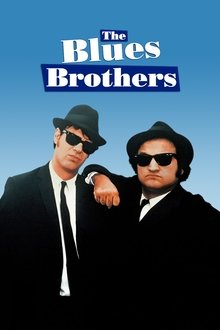
The Blues Brothers (1980)
Jake Blues, just released from prison, puts his old band back together to save the Catholic home where he and his brother Elwood were raised.
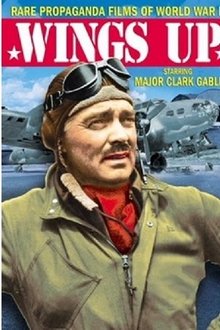
Wings Up (1943)
Clark Gable stars in this propaganda short about the Officers Candidate School of the Army Air Forces.

Night and Fog (1959)
Filmmaker Alain Resnais documents the atrocities behind the walls of Hitler's concentration camps.

Eric Clapton Unplugged… Over 30 Years Later (2025)
This special aims to commemorate and celebrate Clapton's groundbreaking unplugged performance, offering fans both a theatrical experience and a streaming option to revisit this historic musical event.
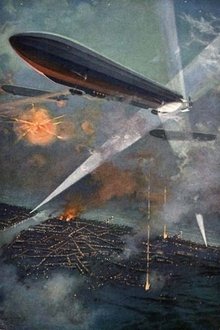
Attack of the Zeppelins (2013)
Engineer Dr Hugh Hunt revisits the little-known story of the First World War's Blitz, when the Zeppelin waged an 18-month terror campaign on the people of London.

Spying on Hitler’s Army: The Secret Recordings (2013)
British intelligence undertook an audacious operation to listen in on the private conversations of 10,000 German prisoners of war without their ever knowing they were being overheard. The prisoners' unguarded reminiscences and unintentional confessions have only just come to light, and prove how closely the German army were involved in the atrocities of the Holocaust. British intelligence requisitioned three stately homes for this epic task, and converted each into an elaborate trap. The 100,000 hours of conversation they captured provided crucial intelligence that changed the course of the war, and revealed some of its worst horrors, from rape to mass executions to one of the earliest bulletins from the concentration camps. But when the fighting ended, the recordings were destroyed and the transcripts locked away for half a century. Only now have they been declassified, researched and cross-referenced.


